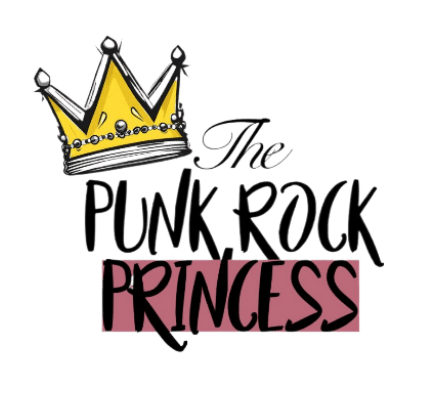People have different reasons for a vegetarian diet. For many, it’s a health problem. They need to lose weight, lower blood pressure and cholesterol, and control blood sugars. A vegetarian diet benefits them.

PETA stands for People for the Ethical Treatment of Animals. It is the world’s largest animal rights organisation, with millions of members and supporters worldwide. Founded in 1980, PETA has become a leading voice for changing the way humans think about — and treat — animals.
The organisation campaigns against the use of animals for food, clothing, entertainment, and scientific testing. Their message is simple but powerful: animals are not ours to eat, wear, experiment on, or use for entertainment.
PETA stands for Citizens for Animal Humane Care, an association committed to transforming human mentality.
They are against using animals for food or clothing, particularly for what they consider unnecessary or inhumane use of animals, such as killing or trapping them for their fur.

Why People Choose to Support PETA
People connect with PETA for many different reasons. For some, the choice is health-related — adopting a vegetarian or vegan diet to lower blood pressure, manage cholesterol, or reduce the risk of disease.
For others, it’s an ethical decision. For centuries, human beings have placed themselves above animals, treating them as resources rather than living creatures with needs and feelings. PETA challenges this way of thinking, arguing that animals deserve to live free from suffering, exploitation, and harm.

The Core Belief: Animals Have Rights
At its heart, PETA’s philosophy is rooted in the idea that animals have rights — and that those rights matter as much as our own interests. Just like us, animals can feel pain, experience joy, and have the instinct to live their lives freely.
The organisation is especially outspoken against practices they see as cruel or unnecessary, such as:
- Factory farming and industrial slaughterhouses
- Using fur, leather, or exotic skins in fashion
- Animal testing in laboratories
- Circuses, marine parks, and other forms of animal entertainment
Rethinking Our Role as Humans
We live in an advanced, highly developed culture — but how advanced can we truly be if our progress comes at the cost of animal suffering? Books like When Elephants Cry by Jeffrey Masson explore how deeply animals can feel, offering powerful insight into the emotional lives of creatures often dismissed as “less than.”
PETA pushes us to reconsider our place on this planet and our relationship with other species. Do we have the right to exploit them, or do we have the responsibility to protect them?
Why It Matters Today
The conversation about animal rights is more relevant than ever. With global movements towards sustainability, plant-based eating, and cruelty-free fashion, PETA’s voice continues to shape debates on how we live and consume.
Whether or not you agree with all of their methods, the core message resonates: animals are not objects. They are living beings with their own experiences, and how we treat them says as much about us as it does about them.
Final Thoughts
Learning about PETA is not just about understanding one organisation — it’s about looking at the bigger picture of animal rights, sustainability, and compassion. Supporting, or at least engaging with, their ideas encourages us to ask difficult but important questions about how we live.
At the end of the day, PETA’s reminder is simple: animals are not ours to use, they are ours to respect.














